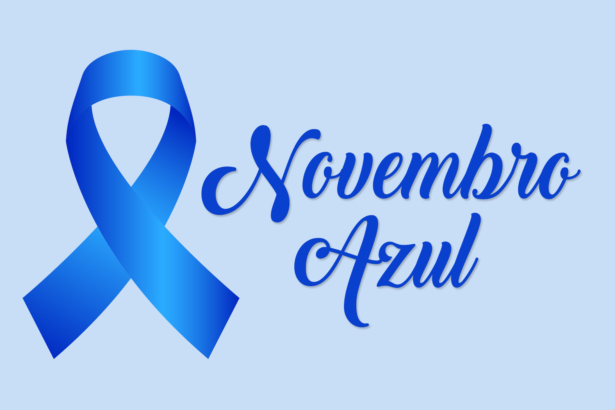Blue November is celebrated every year to remind men of the importance of health care, from attention to your mental health, the prevention of sexually transmitted infections and chronic diseases, until awareness about prostate cancer.
The simple fact of not taking care of health can favor the appearance of diseases, often silent and with no apparent symptoms. However, the National Cancer Institute (Inca), proves that some attitudes added to the routine help to reduce the risk of several chronic diseases (diabetes) and cardiovascular diseases (hypertension, leak, myocardial infarction). Among the main measures are:
- Physical activity: 30 daily minutes, three to five times a week.
- Healthy eating: less fat and fruit-rich diet, vegetables, legumes, whole grains and cereals.
- Stimulate the absorption of calcium in the body: being exposed to the sun every day, before 10am and after 16h, for at least 10 minutes to fix and activate vitamin D, as well as consuming calcium-rich foods daily.
- Measure blood pressure regularly: once a year, no minimum.
- See a urologist and perform preventive exams annually: men from 50 years, or 45, if you have cases of prostate cancer in the family.
- Always use a condom during sex.
- Avoid excessive consumption of alcoholic beverages and do not smoke.
Everyone knows that discovering cancer early enables better treatment results and, for this, you need to be aware of the following symptoms:
- Difficulty passing urine
- Decreased urine flow
- Need to urinate more often during the day or night
- Blood in the urine
These symptoms may not be directly related to cancer, but it is important to have a medical follow-up from the moment they are discovered.
It is also necessary to remember that prostate cancer evolves silently, that is, many men have no symptoms, so the importance of performing the exams, like the blood test to assess the dosage of PSA (Prostate Specific Antigen) and rectal examination, to discover any changes still at an early stage.
Show attitude and take care of your health. Prevent It!
Source: Unimed, Ministry of Health.


